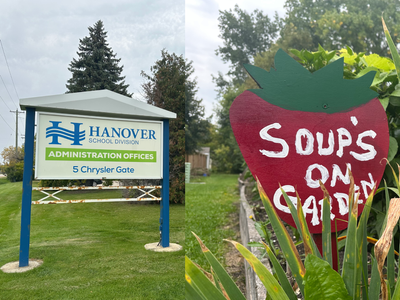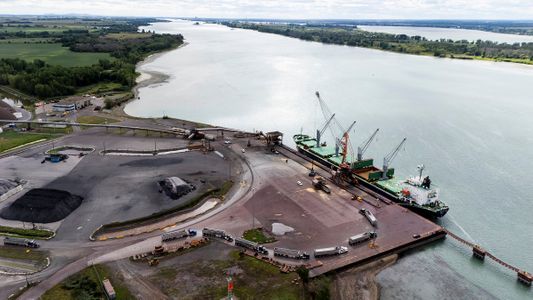Local News
Narth calls for action on highways, healthcare staffing and local schools
La Vérendrye MLA Konrad Narth says his top priorities are addressing infrastructure, healthcare, and education—issues that directly affect families and communities across southeastern Manitoba. As the official critic for infrastructure, Narth says improving provincial highways and reducing delays on road projects will be a key focus. Highways and healthcare “We need larger investment in our infrastructure, specifically highways, and we need to get the work done quicker,” he said. “It’s one thing to commit the funds. It’s another to get the work done. The jobs need to be tendered sooner and we need to see the work hit the ground early spring, not late summer.” Healthcare staffing and access also remain a major concern. Narth says families and seniors frequently report long wait times, staff shortages, and limited access to clinics and hospitals. The best way to move forward, Narth says forward thinking is key. Healthcare professionals being trained now, Narth says, won't be in the system for another four or five years. “Talk is cheap, but it’s more important that we can see the results in the waiting room.” Education priorities Narth also highlighted the expansion of Green Valley School in Grunthal, a project reinstated after community advocacy following its initial cancellation. “That was a school that was cut and it was arbitrarily cut,” he said. “After expressing that, showing that to the Minister, the community coming together by literally signing hundreds of petitions, the Minister saw clear as day the importance of that school.” Construction is now expected to begin in the new year, demonstrating the impact of persistent community engagement. Representing rural Manitoba Beyond specific projects, Narth said he is committed to highlighting the differences between rural communities and Winnipeg, noting that the needs of southeastern Manitoba often differ from urban priorities. “It’s our role in opposition, and my role as representing southeast Manitoba, to showcase the difference that we have in rural Manitoba to the city,” he said. Looking ahead to the fall session The fall legislative session begins October 1 and is expected to last six to seven weeks. Narth says he will use the session to hold the government accountable on infrastructure, healthcare, education, and policies that support rural families, farmers, and local businesses. “Focusing on holding the government to account, we see how important it is to create policy and legislation to protect business growth, economic development, support our farmers and producers all across the province,” he said. Narth says his work in the legislature will remain rooted in the priorities and concerns of southeastern Manitoba residents.









